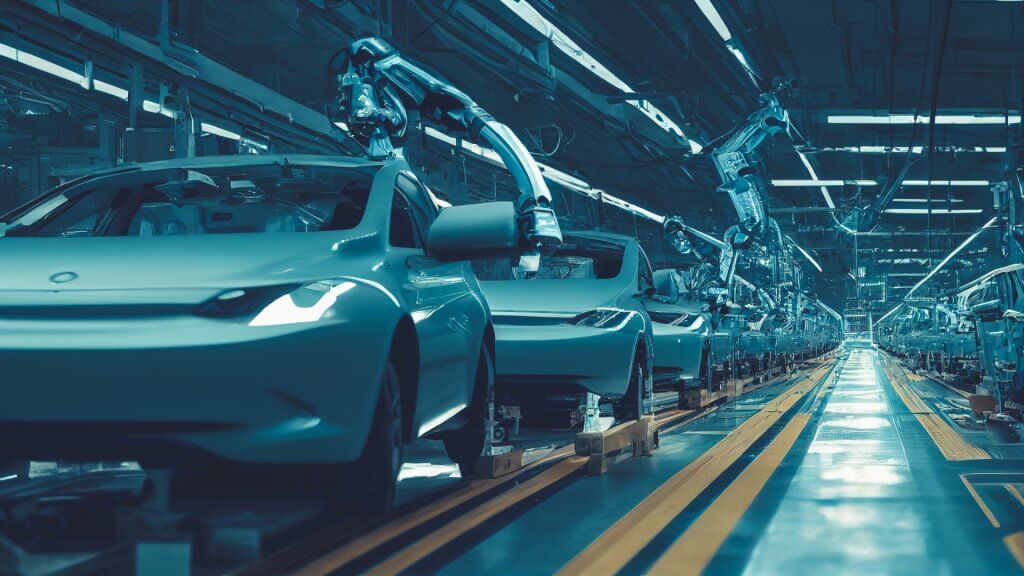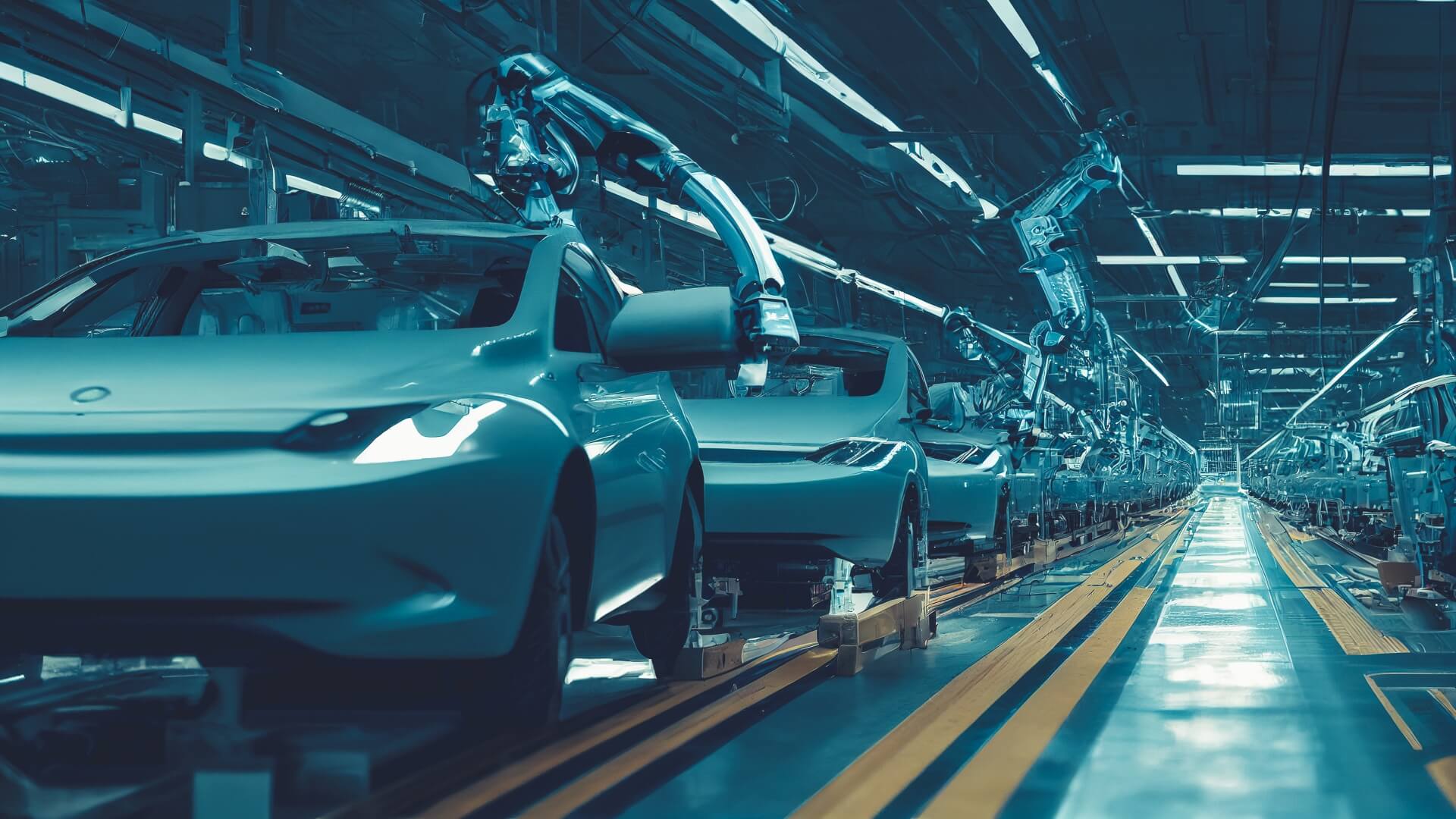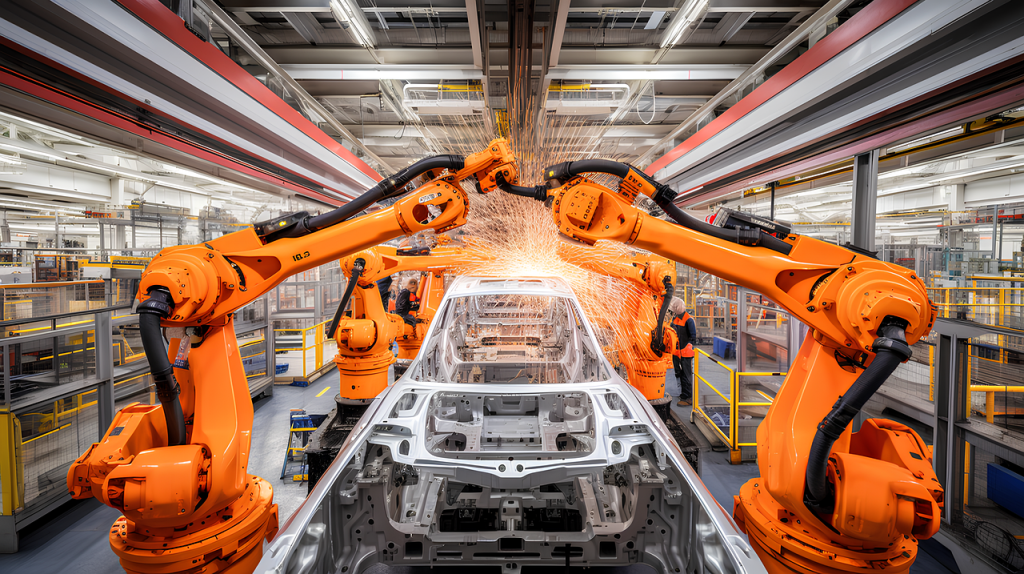The automotive industry has changed enormously over the last decade. Just ten years ago, battery electric cars were a strange novelty, rarely seen out on the road. Now, they’re becoming fairly common. But the change hasn’t been limited to the way that cars are powered: we’ve also seen legal changes in the form of clean air laws and road tax changes. We’re also automating many of the procedures involved in driving – it’s now common practice to book a full car service online, for example.
It’s difficult to make precise predictions about what the future might hold. Still, we can make educated guesses based on the current direction of travel. Let’s take a look at what we might expect in the coming ten years.
The environmental factor
Climate change represents a significant challenge to both governments and private industry. In the UK, the government has pledged to reduce emissions to ‘net zero’ by 2050. Among the ways that this target is being pursued is with a proposed ban on the sale of new petrol and diesel vehicles, which is set to come in in 2030.
According to a UN report, the number of private cars worldwide is set to triple by the middle of the century or so. It’s therefore critical that we see less emissions on a per-passenger basis. This can come about only through improved technology, which mostly means a broad transition to battery power.
The increasing number of driving laws
The rules of the road are evolving over time, to cope with new technologies and patterns of motoring behaviour. Among the more eye-catching of these are the low-emission zones being rolled out in major cities, in an effort to battle pollution. Similarly, we might see fuel duty hiked, and Benefit-in-Kind incentives frozen to encourage the electrification of company fleets.
How it will impact the auto industry
It’s likely that we’ll see more and more BEVs over the coming decade, even before the petrol and diesel ban comes around in 2030. A recent report from MIT suggests that battery costs have declined by around 97% since 1991. If this decline continues, and new battery technologies like solid-state are introduced, we might conceivably reach a tipping point within the next decade. This would result in electric cars being more affordable and desirable than their ICE-powered counterparts.
Obstacles remain in the form of the UK’s lack of charging infrastructure, and the difficulty of creating enough electric vehicles to cope with surging demand from British motorists; which is a factor putting many from making the switch anytime soon.
Battery power isn’t the only major technological trend that we’re going to see accelerate, however. We should also consider the impact of fully autonomous vehicles. We’ve already seen hints of automation in the form of driver-assisting technologies like lane assist, automatic braking and adaptive cruise control. We might be seeing the first steps toward a fully autonomous vehicle before 2030 rolls around, all being well.






















